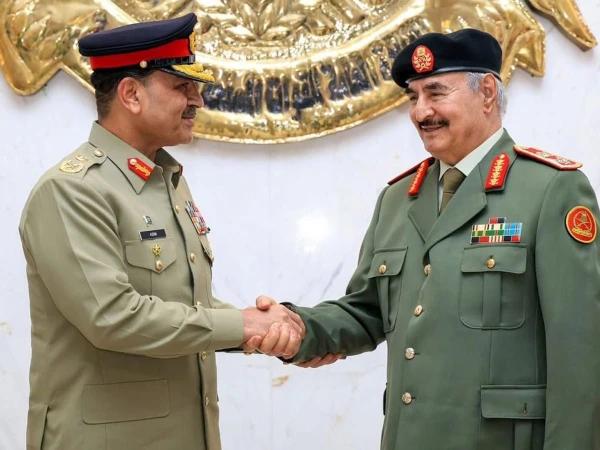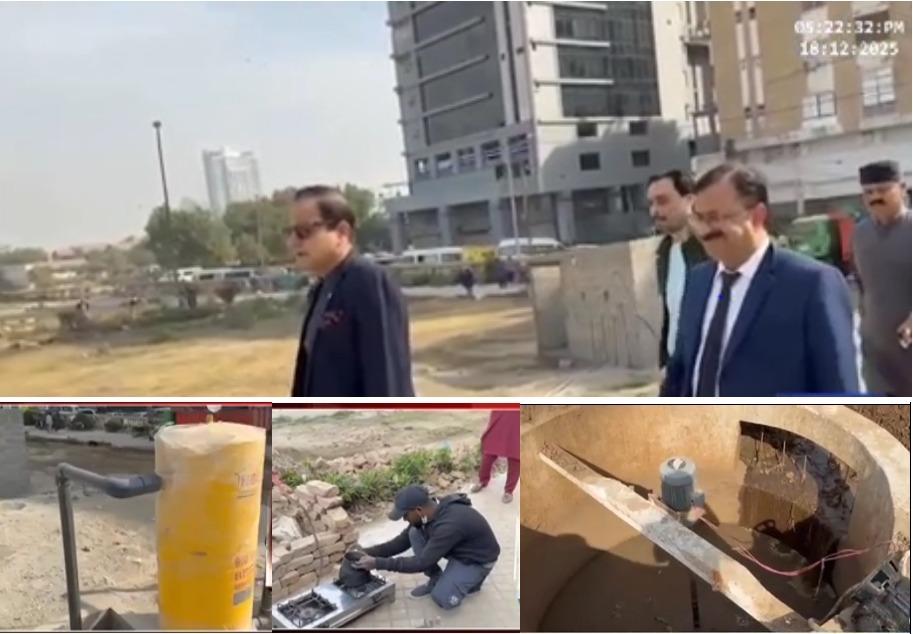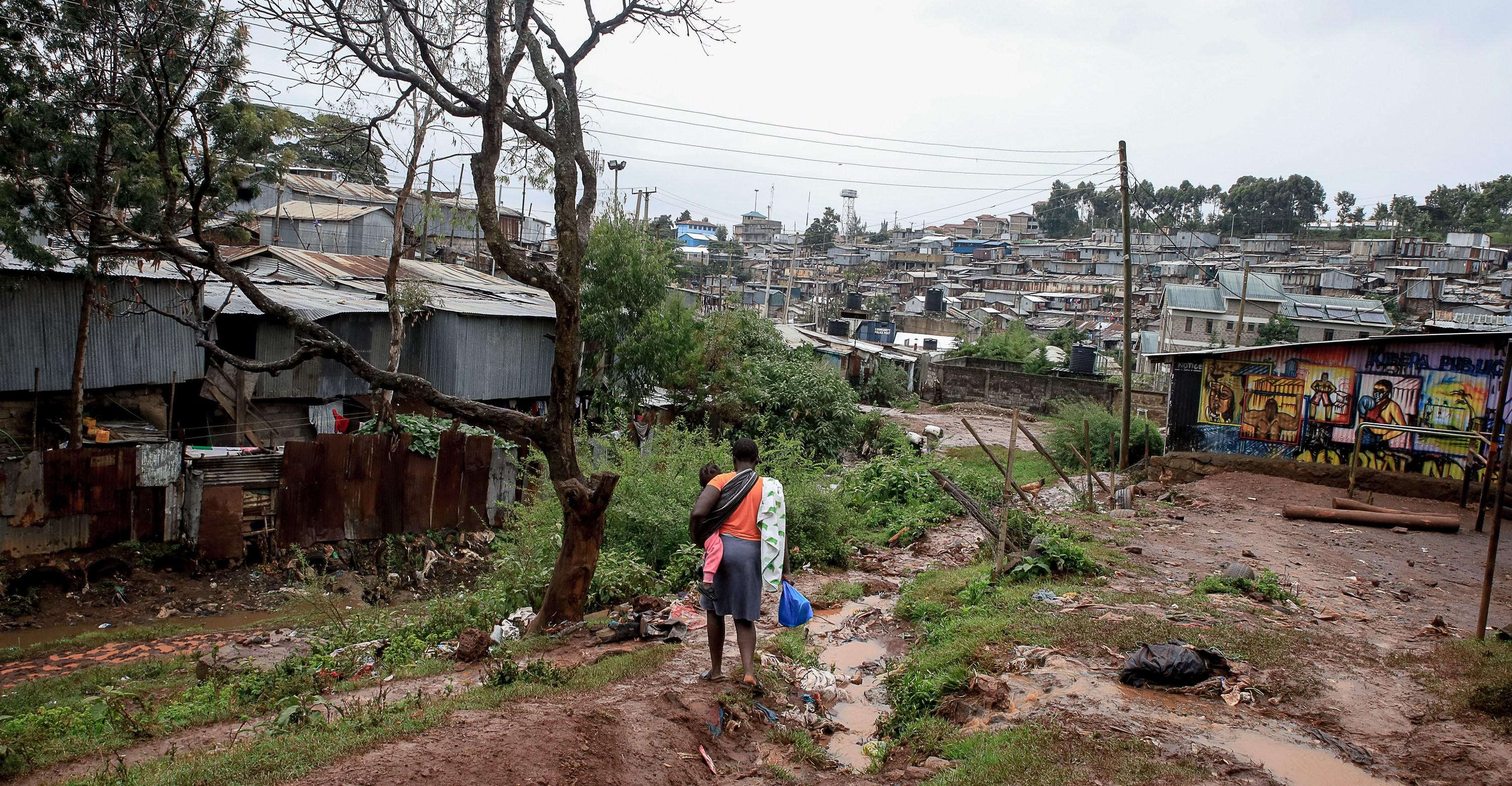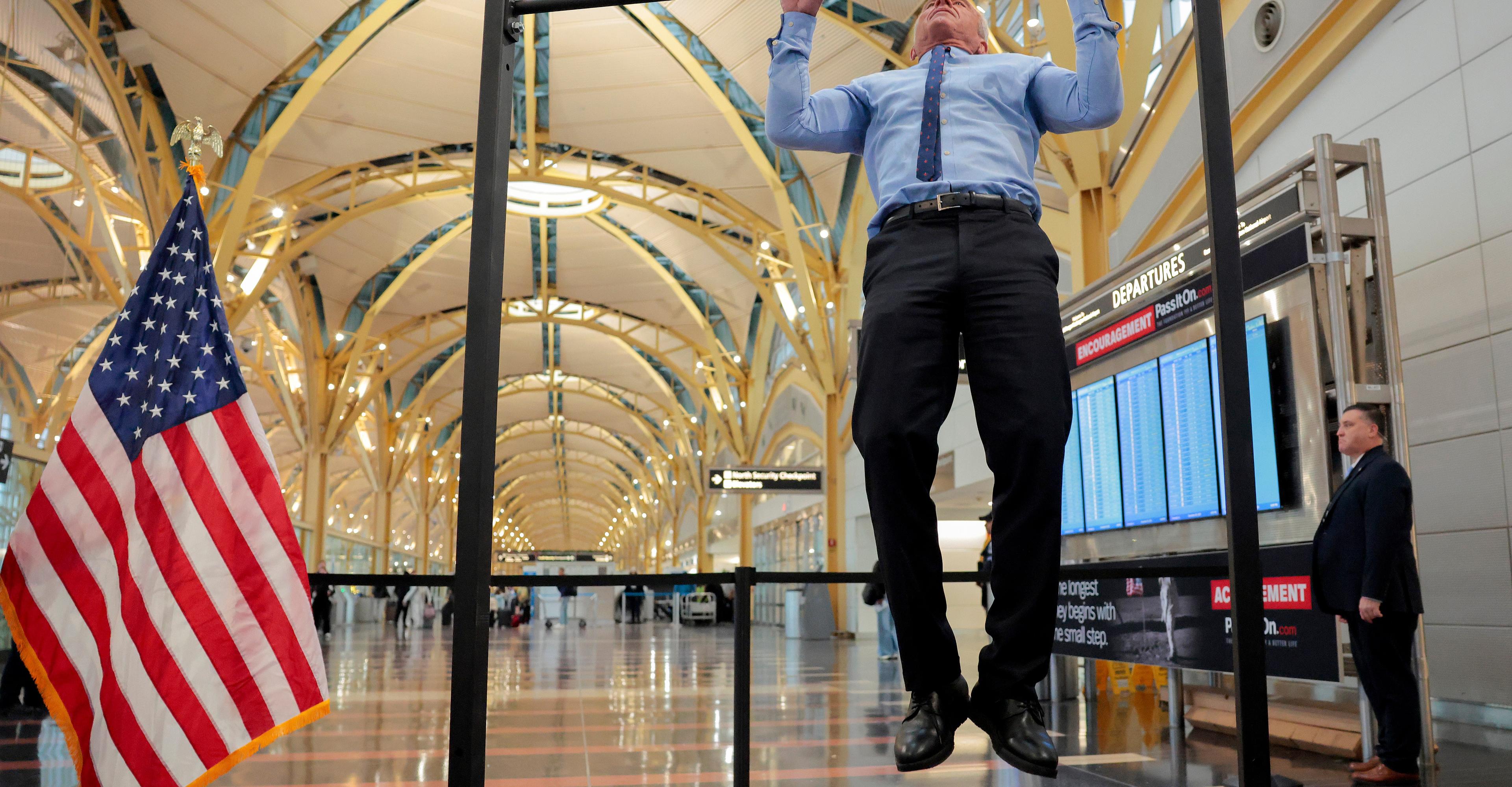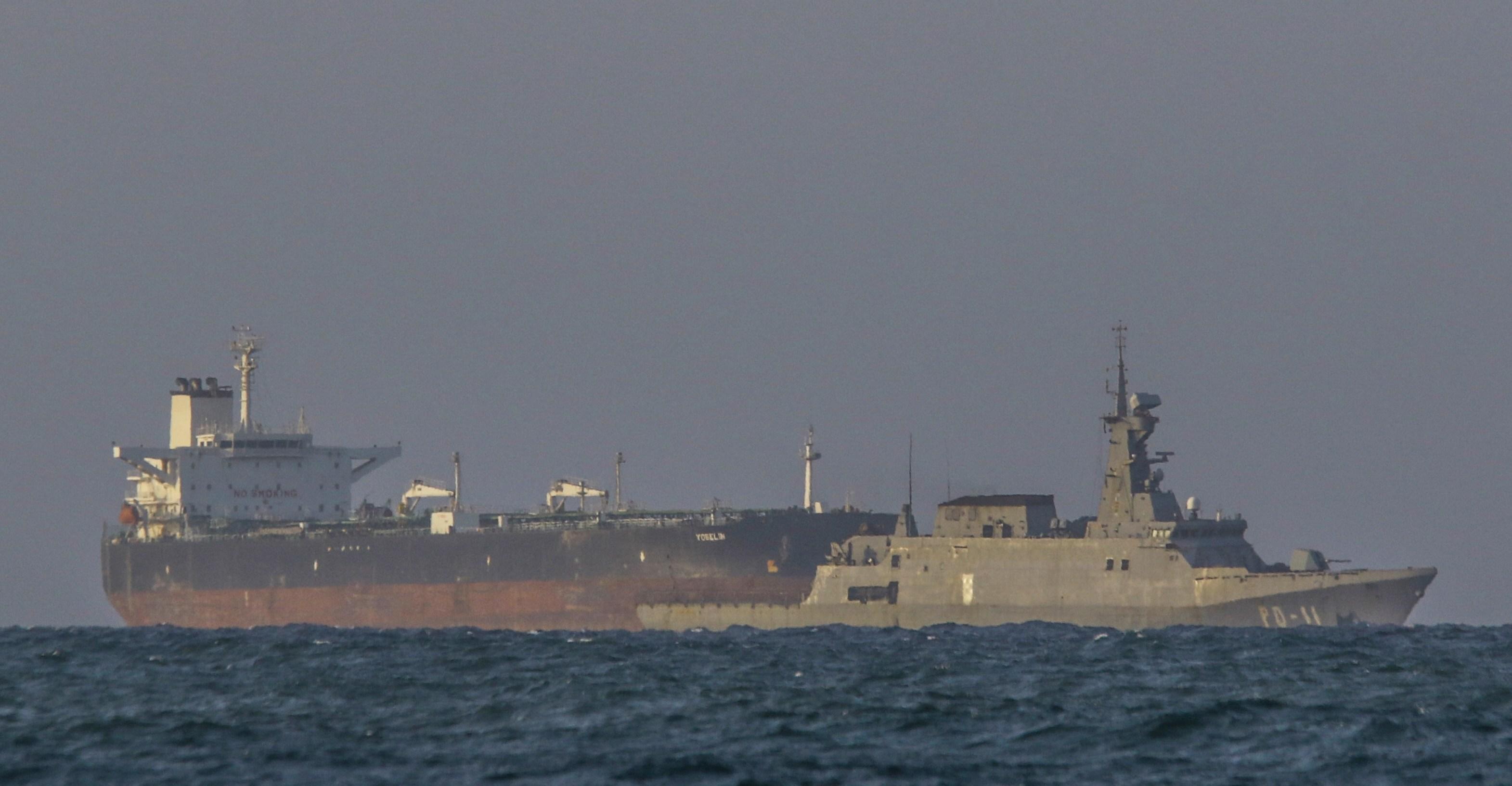The curious case of the clueless Captain
In the latest round of musical chairs which the federal cabinet regularly indulges in, Hammad Azhar became the Finance Minister for exactly 18 days, an embarrassing record.

Shaukat Tarin is now the Finance Minister while Hammad has Energy portfolio. Fawad Chaudhry was rescued from the boondocks of Science and Technology and handed over the ministry he did once hold, Information. Shibli Faraz, meanwhile, switched over to Fawad’s former ministry. Omar Ayoub was picked up from Energy and dropped over at Economic Affairs. Khusro Bakhtiar was made Minister for Industries. Hafeez Sheikh, the third of the four finance ministers we have had till now in three years, remains missing in action.
Confused? So are we.
Changes within the team are the prerogative and the right of every captain. Team changes, however, can reflect desperation and in this instance, they are doing exactly that. The game is slipping away from the captain. Instead of reprimanding the bowlers, the captain is taking out his frustrations at the fielders, dispatching them to all corners of the field one after the other. Alas, he is still losing the match.
It wasn’t too long ago that the opposition leader who claimed to have “200 experts” of every field in his team became the Prime Minister and drafted his first, 21-member team. Of those 21, at least 12 members were borrowed from previous regimes, especially Musharraf 11. Sheikh Rasheed, Fawad Chaudhary, Farogh Nasim, Tariq Basheer Cheema, Ghulam Sarwar, Zubaida Jalal, Khalid Maqbool Siddiqui, Shafqat Mehmud, Khusro Bakhtiar and Abdul Razzaq Dawood were part of Musharraf’s team.
The prized ministry, Finance, went to Imran’s own team member, the much-touted Asad Umar who had been presented as a miracle worker. Just eight months after he took oath, Umar was sent back to the pavilion by the captain, replacing him with Zardari’s team member Hafeez Sheikh. And now Hafeez Sheikh has been sent packing too, replaced in quick succession by Hammad Azhar and now Shaukat Tarin, yet another Zardari veteran.
Imran’s team faces the dual challenge of financial crisis and smoothing over the multiple embarrassments created by the rest of their ranks. Whenever corruption or incompetence came to the forefront, the relative team member was temporarily removed from public eye only to be inducted right back at a later date. Amir Kiyani, Firdous Ashiq Awan, Azam Swati all went through this process.
The vice-captain of the team also had a pivotal role in bringing his party to powe. From ensuring electables select the PTI for contesting elections, to zooming around in his private plane for the purpose of gathering support from independents, to financing the party itself, Jahangir Khan Tareen was the most important member of the team. Today, he is no longer in his captain’s good books.
Far from being bereft at losing his leader’s favour, Tareen has instead shown his mettle by gathering support from the captain’s team, including his close confidants Aun Chaudhry as well as provincial ministers Tariq Bashir Cheema and Noman Langrial. Another former Zardari team player, Raja Riaz, went so far as to challenge Imran Khan when he talked to the media outside the court in which Tareen was appearing for bail. Let this matter end here, he warned.
Being a “bold” cricket captain or being lucky is no substitute for having political acumen. Perhaps the only similarity between cricket and politics is that one tiny mistake can go a long way in turning the tide against the player. Tauseef Ahmed can win a match by hitting a memorable six off the one ball left to him. But in politics, a good team player is the man who plays for his peers, his captain and the country. Personal glory is not important. If they deliver, there will be no need for the captain to change the team again and again.
It is astonishing that for a man who led his team to victory in the World Cup, Imran Khan had no game plan when he took charge of the government. If the Prime Minister did indeed have a game plan, then it was a curious one, because its implementation has been a complete and utter disaster.
And what of the people who handed charge over to this partuclar man and made him the captain? Did they have a game plan? It seems obvious by now, the match begin without any planning. Imran Khan’s luck has played a crucial part, disabling the opposition into a position of disadvantage. The match has turned from a one-day to a long test. One that will most likely not end soon and without victory.



